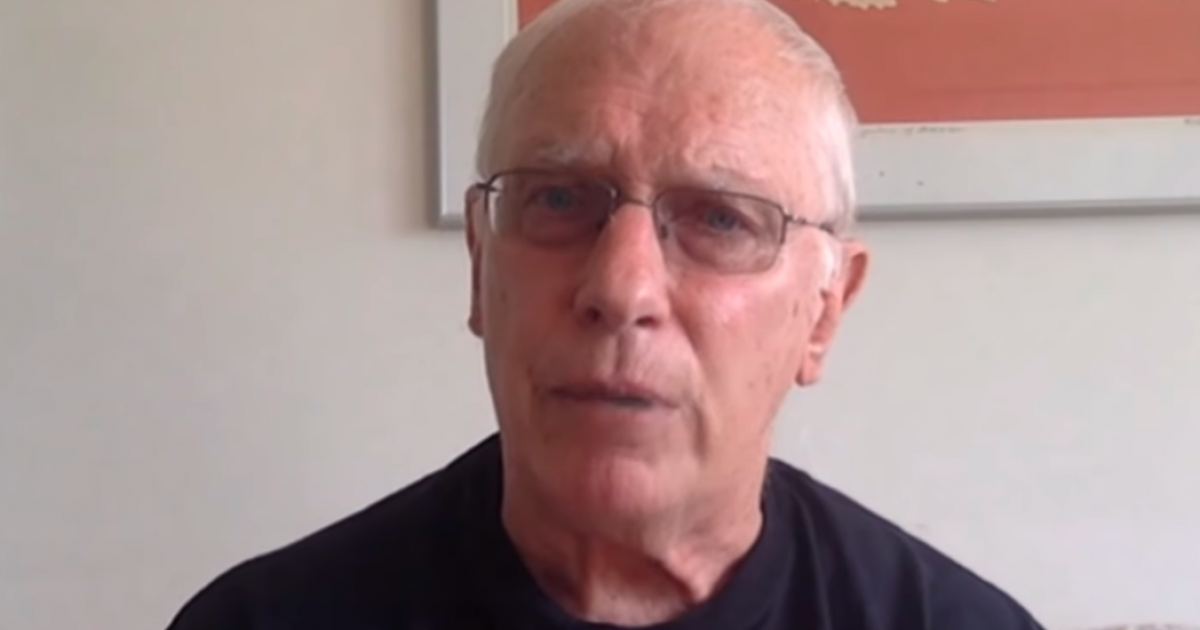
In recent times, the concept of Modern Monetary Theory (MMT) has gained tradiction in economics circles. This theory refers to how countries like the US don’t rely on taxes or borrowing for spending due to the fact that they can print as much money as necessary and also enjoy the status as monopoly issuers of currency. On top of that, because these governments’ budgets are not similar to normal households, they can craft policies without having to fear any increase in the size of the national debt.
A number of politicians like Vermont Senator Bernie Sanders have been associated with MMA, due to his former 2016 presidential campaign adviser Stephanie Kelton being a staunch proponent of it.
As many people who are skeptical of government intervention in the economy, rightfully assume, MMT represents an idea that justifies non-stop state intervention in the economy.
Free-market speculator Doug Casey has been one of the strongest critics of MMT. In a post for the International Man, Casey argued that “MMT basically posits that the wise and incorruptible solons in government should create as much currency as they think is needed, spend it in areas they like, and solve any problems that occur with more laws and regulations.”
For Casey, MMT is not a novel concept, but rather the outgrowth of New Deal era policies that placed the state in a much more active role in the US economy. Part of MMT’s appeal lies in the assumption that the American will get something for nothing.
Policies of expansive fiscal spending and money printing are notorious for generating widespread instability, ranging from mass inflation to catastrophic defaults. However, the resultant chaos goes beyond economic figures. Social collapses generally ensue as the division of labor — the socio-economic glue of societies — deteriorates and people are no longer able to mutually cooperate in the market and civil society.
Casey does a great job at laying out the basics of money:
Money represents the hours of your life that you spent earning it. That’s the basic principle here. It represents concentrated life – all the things you want to have and do for yourself, and provide for others in the future.
In essence, when the value of money is destroyed, parts of people’s lives are destroyed in the process. Inflation is not just some coincidence. It’s a conscious public policy pursued by politicians who co-sign government largesse and expansionary monetary policies.
Casey explains the inflation dynamic lucidly:
If the government increases the money supply by, say, 10 times, general prices will go up by 10 times. The value of your dollar savings will drop 90% – perhaps most Americans won’t care, because they have no savings, just debt.
Due to the Cantillon Effect, those who receive the newly printed money see their incomes rise, while the last ones to receive the newly printed money witness a decline in their purchasing power once price inflation begins to pop up.
However, such considerations don’t really enter in any form of political discussion in our current mass democratic era. Today’s political paradigm is one characterized by instant gratification. Voters and the elected officials who represent them behave in a manner that has no regard for the long-term consequences of impulsive policymaking.
The problem at the end of the day is that people in contemporary times rely on their feelings rather than rational thought to form their political opinions. As a result, they gravitate towards demagogic policy proposals that are not grounded in the laws of rational starcraft or economics.
America needs more sensible economic policies based on free markets. competition, and the respect for private property. If the country wants to break from the current managerial insanity, it will need bold advocates who are willing to take on central banking and the regulatory state head on. Continuing this model will not only result in failure, but lend major credence to leftist movements who use economic crises as lighting rods for recruitment. From there, the radical Left has a much easier path to power.
This nightmare scenario can be avoided if liberty conservatives get serious about implementing market reforms.



